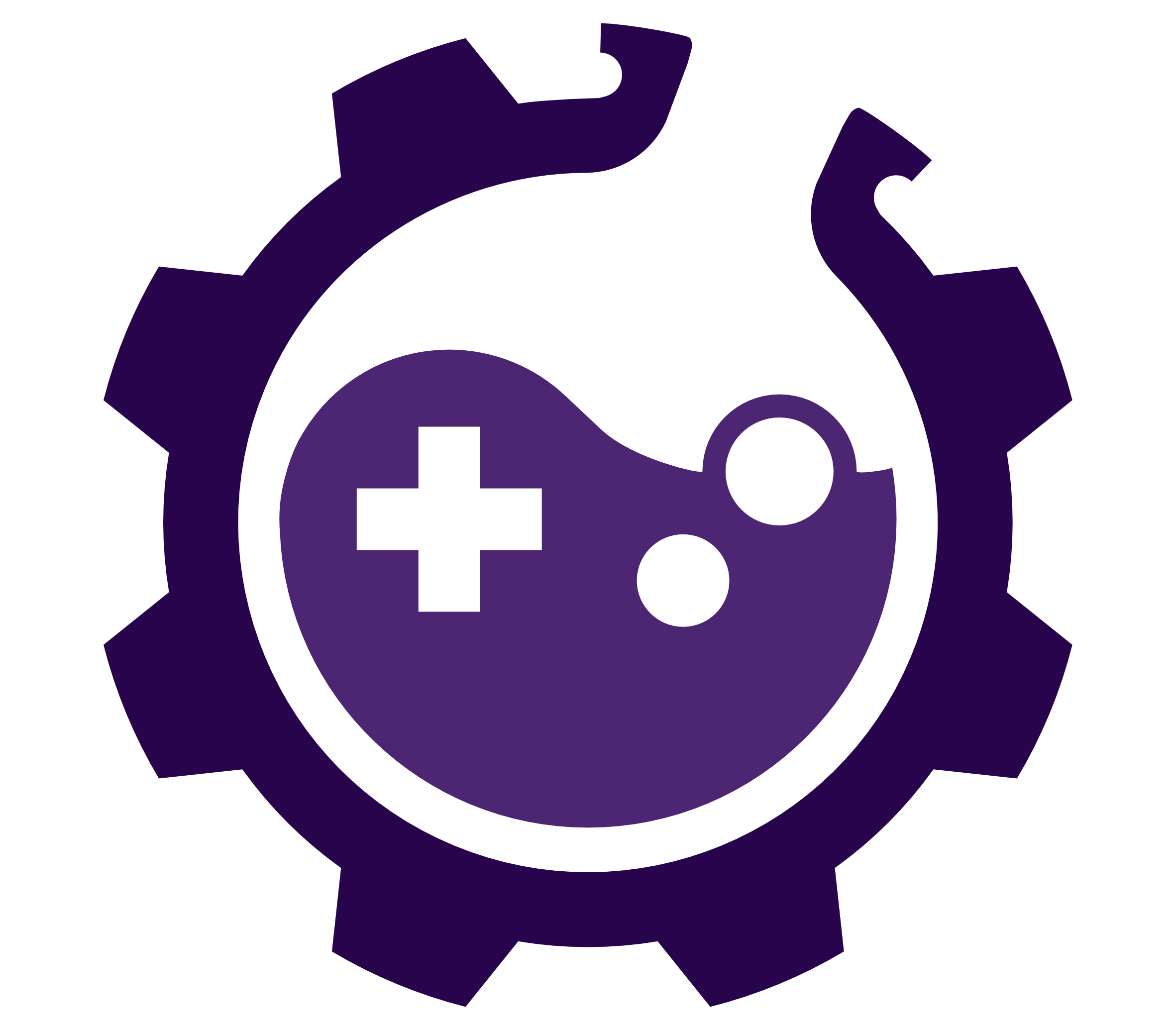GDD 2 (2020)
Game Design and Development 2 2020
Lectures:
- 23.03. Lecture 0 (Slides)
- 30.03. Lecture 1 (Slides) – Announcement Assignment 1
- 20.04. Lecture 2 (Slides) – Submit Assignment 1, Announcement Assignment 2
- 27.04. Lecture 3 (Slides)
- 04.05. Lecture 4 (Slides) – Announcement Group Topics “AI”
- 08.05. Submit Assignment 2
- 11.05. Lecture 5 (Slides)
- 18.05. Submit First Prototype
- 25.05. Cons. Hour
- 01.06. Submit QA Feedback
- 06.06 Submit Group Summaries AI
- 08.06. Cons. Hour
- 15.06. Lecture 6
- 02.10. – Game Presentations & Submit Final Submission
Game presentation & submission
- 18.05. Submit First Prototype
- 01.06. Submit QA Feedback
- 02.10. Final Game Presentations
AI Topic summary and Presentation
As a group pick one of the following topics (first come first serve in the google sheet – see Discord!) and create a short presentation (max 5 slides) about how this concept can be applied in a game project and give examples. Create a short video (max 5 minutes) presenting and describing this concept (showing the slides ) to the other students of the course and share the link to the videos in the Google sheet (Link in Discord).
Deadline: June 6
- chasing, evading
- pattern movement
- flocking
- pathfinding
- final state machines
- fuzzy logic
- rule-based AI
- Bayesian techniques
- neural networks
- genetic algorithm
Every game project has to include at least one of the concepts and the descriptions of the other group members should help you choose which one you want to include (here it is ok if several groups include the same topic).
QA Feedback
QA Strategy
-
- Some instructions/tips for your testing sessions. You should test the (1) experience, the usability, and (3) QA (alias bugs).
- Game Design (Player Experience)
- Fun fun fun?
- Confused/bored/frustrated..?
- Design good?
- Ideaclear?
- Mechanics?
- Level too long/short…
- Do you understand the game?
2. Usability
- Interface etc intuitive and easy to use?
3. Quality Assurance (Severe Bugs)
- Bugs, bugs, bugs
Provide a small report (.txt file, or excel sheet) with a list of issues you’ve found:
number + type of issue (number 1-3) + description of issue + severity of this issue (1 EXTREMELY BAD – 3 NICE TO HAVE) + tips for improvement,
which you should send by 18.05. (11:59 AM) to the group you’ve tested + gdd@iicm.edu
e.g.
#4-1-the game controls are not clear-1-explain the controls in the start screen
#5-3-the game crashed when driving 100 times into the tree-1-fix the bug
Resources
- Game Design Document Template: https://github.com/JoeyPrink/GDDtemplate/
- Template GDC Talk Summary: https://github.com/JoeyPrink/TUGameDev
Game Discussions (Recommend here)
- 23.3. FoldIt
- 30.3. LineRunner
- 20.4. Dwarf Fortress
GDC Lectures
- 23.3. “How to Make and Self-Publish a Game in 12 Months” https://www.youtube.com/watch?v=4tbPbMRcMFQ
Grading
- Groupwork (70%)
- 10P: AI Topic Summary+ Mini Presentation
- 60P: (Game + Design Document + Video + Presentation)
- Design + Idea (Game Mechanics etc.)
- Game Design Document
- Video + Game Pitch (Final Presentations)
- Game + Gameplay
- QA Feedback!
- First prototype: End of April
- Final presentations End of June / Start of Oct
- 2 Individual Homeworks (30%)
- 1st Assignment
- 2nd Assignment
Links
ESA Annual Report: http://www.theesa.com/wp-content/uploads/2018/05/EF2018_FINAL.pdf
Books Recommendations for this course
This is my personal recommendation for a reading list. And also a list of books I use for the lecture.
*** Jane McGonigal – Reality is Broken One of my favorite books. Jane McGonigal gives some inspirations and ideas of how to use games in different contexts. Reads like a novel and avoids theoretical aspects.
*** Jesse Schell – The Art of Game Design This is the book I am using a lot for my lecture. Very good summary of the most important design aspects from different points of view (technical aspects, player psychology, all different design things).
*** Scott Rogers – Level Up (2nd Edition) Also a very good design on game design. I’ve especially enjoyed the bonus chapters with inspirational lists for environments, game mechanics, and different templates as an inspirational resource for your games.
** Jeremy Gibson – Introduction to Game Design, Prototyping, and Development This book gives also a very nice introduction to game design techniques, but in a more practical manner. The main part of this book is a Unity and C# tutorial.
** Raph Koster – A Theory of Fun I simply love the style of this book. It has comics and sketches 😉
* Flow – Mihaly Csikszentmihalyi Wonderful book (THE book) about the flow experience with neat examples from all different fields.
* Katie Salen & Eric Zimmerman – Rules of Play Very interesting book on game design with a lot of practical examples. Note: Amazon credit me a small referral amount, should you purchase a book after following these links.
